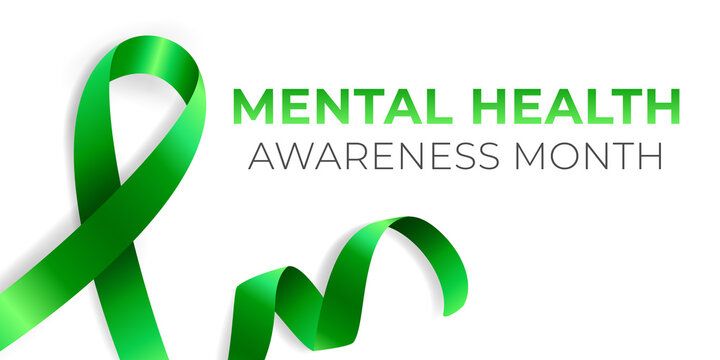This page is licensed under Creative Commons under Attribution 4.0 International. Anyone can share content from this page, with attribution and link to College MatchPoint requested.
The Hidden Toll of College Applications: How to Protect Teen Mental Health During Admissions
Applying to college is one of the most stressful experiences for high school students today. Research shows that 76% of students view the process as a life-defining moment, and 73% worry that even a small mistake could negatively impact their chances of admission. With increasing academic expectations, social comparison, and the overwhelming amount of advice available, it’s no surprise that the admissions process can lead to heightened anxiety, depression, and even disordered eating patterns. While some level of stress is expected, it’s critical to recognize when it becomes a serious concern—and to take action to protect teen mental health.

Why Is College Admissions So Stressful?
The admissions process is no longer just about filling out a few forms and writing an essay. It has transformed into a high-stakes, multi-year endeavor filled with complex applications, strategic planning, and constant self-evaluation. Several factors contribute to the stress:
- High Expectations: Students feel immense pressure to stand out by taking AP classes, excelling in extracurriculars, and crafting compelling personal statements. The idea that they must be extraordinary—not just accomplished—creates unrealistic expectations.
- Social Comparison: With college admissions decisions frequently shared on social media, students can’t help but measure themselves against their peers. Seeing classmates celebrate their acceptances can fuel self-doubt and anxiety.
- Too Much (Often Contradictory) Advice: Nearly 61% of students report feeling overwhelmed by the sheer volume of admissions guidance they receive. Parents, teachers, counselors, and online resources all offer well-intentioned but sometimes conflicting recommendations, making it difficult to know what truly matters.
- Pressure to Apply to Certain Schools: Over half of students feel pushed to apply to a long list of colleges, often including institutions they aren’t even interested in. Whether the pressure comes from parents, peers, or cultural expectations, this external influence can lead to unnecessary stress.
- Complicated and Opaque Admissions Criteria: The lack of transparency in how applications are evaluated leaves students guessing. More than three-quarters of applicants say the admissions process seems overly complicated, adding to their frustration and uncertainty.
How to Protect Teen Mental Health During Admissions
While some stress is unavoidable, there are steps students, families, and schools can take to mitigate its impact and create a healthier admissions experience. Here’s how:
- Encourage a Balanced Approach to Applications Students should apply to a mix of reach, match, and likely schools that align with their interests and strengths. Rather than chasing prestige, families can focus on fit—academically, socially, and emotionally. Knowing there are multiple great options reduces pressure.
- Foster Open Conversations About Mental Health Normalizing discussions about stress, anxiety, and self-doubt can help students feel less isolated. Parents and educators should check in regularly, offering a listening ear rather than adding to the pressure.
- Limit Overload from Advice and Comparisons While it’s important to be informed, students should set boundaries on how much advice they consume. Curating reliable sources of information and limiting social media exposure can help reduce anxiety.
- Shift the Focus to Personal Growth, Not Perfection The admissions process should be about self-reflection and growth, not just achievement. Encouraging students to focus on what they’ve learned through their experiences—rather than just listing accomplishments—can make the process more meaningful and less stressful.
- Ensure Access to Mental Health Resources Schools and communities should provide support services, including counseling, peer groups, and stress-management workshops. Seeking professional help when needed should be encouraged, not stigmatized.
Recognizing When Stress Becomes Too Much
While some stress is a natural part of the admissions journey, there is a fine line between productive pressure and harmful anxiety. Some warning signs that stress is negatively impacting a student’s mental health include:
- Withdrawing from friends or family
- Increased irritability or mood swings
- Changes in sleep or eating habits
- A sense of hopelessness or extreme worry
If a student exhibits these signs, it’s crucial to prioritize mental health over the admissions process. Seeking professional support—whether through school counselors, therapists, or support groups—can provide valuable tools for managing stress before it escalates.
Balancing School and Mental Health Care
Some students hesitate to seek help for mental health concerns out of fear that they will fall behind academically. However, prioritizing well-being does not mean putting education on hold. Many treatment centers and counseling services offer academic support to help students stay on track while addressing their mental health. Choosing to seek help is not a sign of failure—it’s an investment in long-term success and well-being.


